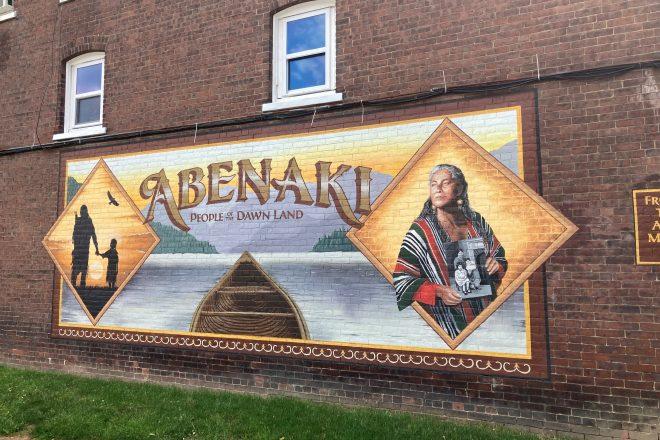Veterans Day and Thanksgiving are always in the forefront during the month of November and rightly so! But, we also remember and honor the achievements, contributions and culture of Native Americans. November became Native American Heritage History Month in August, 1990 during the presidency of George H.W. Bush.
Here in New Hampshire, many towns were built on village sites once inhabited by differing Native tribes; Concord, Dover, Franklin, Hampton, Hooksett, Laconia, Nashua, Manchester, Penacook Somersworth and Suncook as examples. While there are no recognized tribes in the state today, original tribes in NH included the Pennacook and Abenaki tribe.
The Pennacook tribe survived by farming, hunting, fishing and were also know as “gatherers.” They lived in wigwams made from bark by the Merrimack River. The man’s role was to protect his family and would go to war if necessary to defend his family and their tribe.
Pennacook women were often out farming too, in addition to cooking and caring for the children. Pennacooks didn’t wear long headdresses, instead they wore feathered headbands. Warrior men often had mohawks which showed off their tribal status.
The Abenaki Tribe is native to the Monadnock region and historically was two different groups. The Eastern Abenaki lived in Maine, and the Western group lived in NH. Most of their settlements were by river valleys, built near waterfalls and major rivers, travelling across the water in their self-made birchbark canoes. They too, were farmers, fishermen and hunters, with each man in the tribe inheriting hunting territories from his father. Like the Pennacook, the Abenaki lived in bark wigwams, lining them in the winter with animal skins, such as bear and deer, for extra warmth.
During the early 1500s, European immigrants came to NH, some documenting the tribes way of life. By the 1600’s the state’s Native American population was beginning to decline, as more and more European immigrants descended upon the New World.
Sadly, the Pennacook and Abenaki tribes, including their subgroups, began to see their populations decrease as they had no natural immunity against diseases brought into their settlements. Additionally, European immigrants were eventually beginning to claim the ancestral lands of the Abenaki, increasing tensions between them.
Many of these tribal descendants still live still live in Canada, Maine, New Hampshire and Vermont. Today, it’s believed that roughly 3,200 Abenaki live in Vermont and NH.
Here are some places where you can learn more about NH’s Native American Heritage:
~Mt. Kearsarge Indian Museum in Warner.
~The Abenaki Heritage Initiative at Strawbery Banke Museum in Portsmouth.
~Indigenous Dover, NH. Map of historical markers and war memorials.
It’s up to us to continue to support and preserve Native American heritage.

